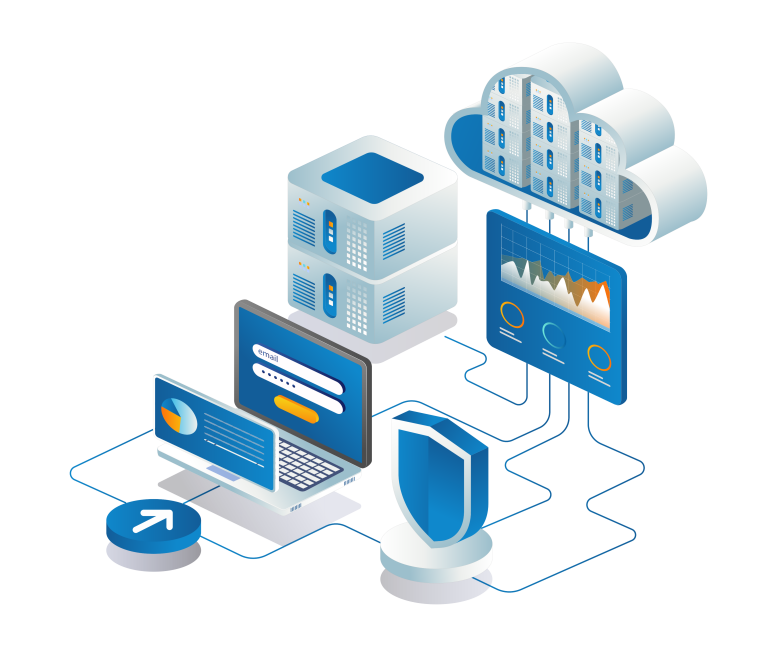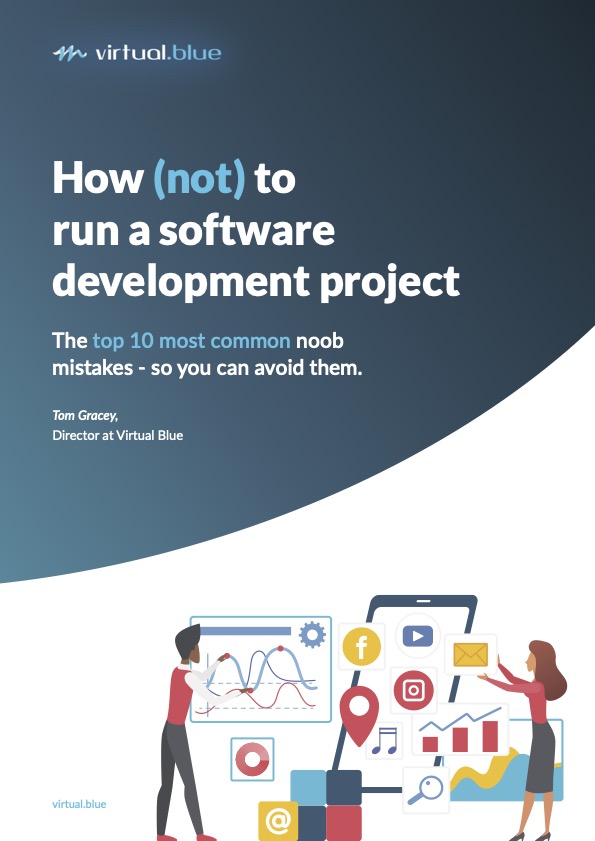Project Plan Review
You have a software-oriented project plan which looks great on paper - but how will it perform in the wild? Are you confident you are up to date with the rapidly changing software ecosystem, and understand how your app will fit into it? Have you assessed your project from a technical perspective as well as a business one?
Why not have your plan examined by seasoned coders with many years experience bringing new software to market? In our Project Plan Review we will provide a professional opinion on the potential for your proposed software application. We will gauge the effects of demand and competition on its chances in the marketplace, as well as identifying the factors that are most likely to prove challenging. We will also assess feasibility from a technical perspective, and provide guidance on projected development costs.
Software projects are complex, and can be difficult to understand; there are a wide variety of ways they can fail to live up to expectations - or indeed fail completely. Getting sound advice early on could save you significant costs and headaches going down wrong roads, or even make the difference between crashing out early versus stablising a successful business model. The costs of an early review are negligible compared with the huge potential benefits.










